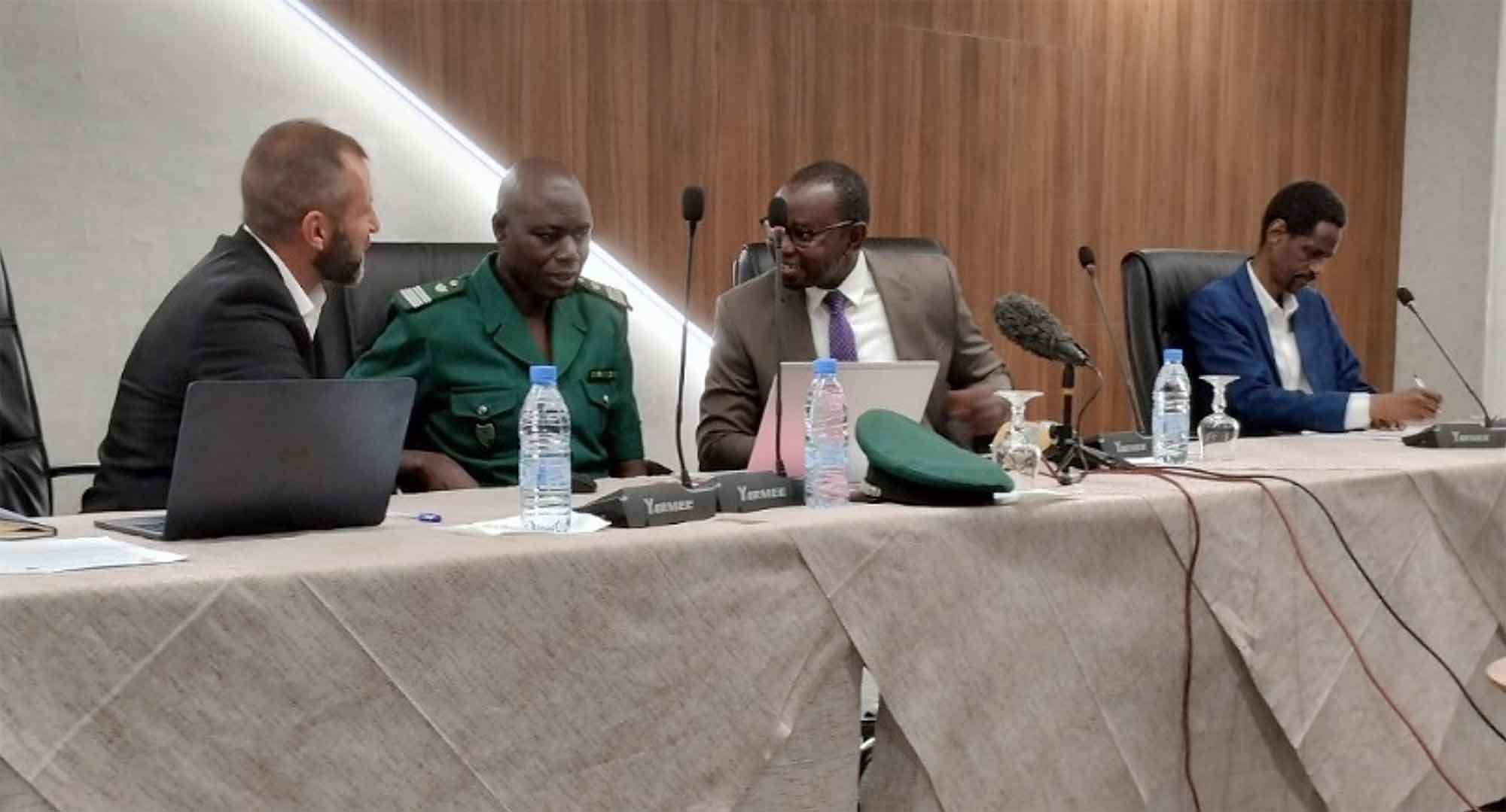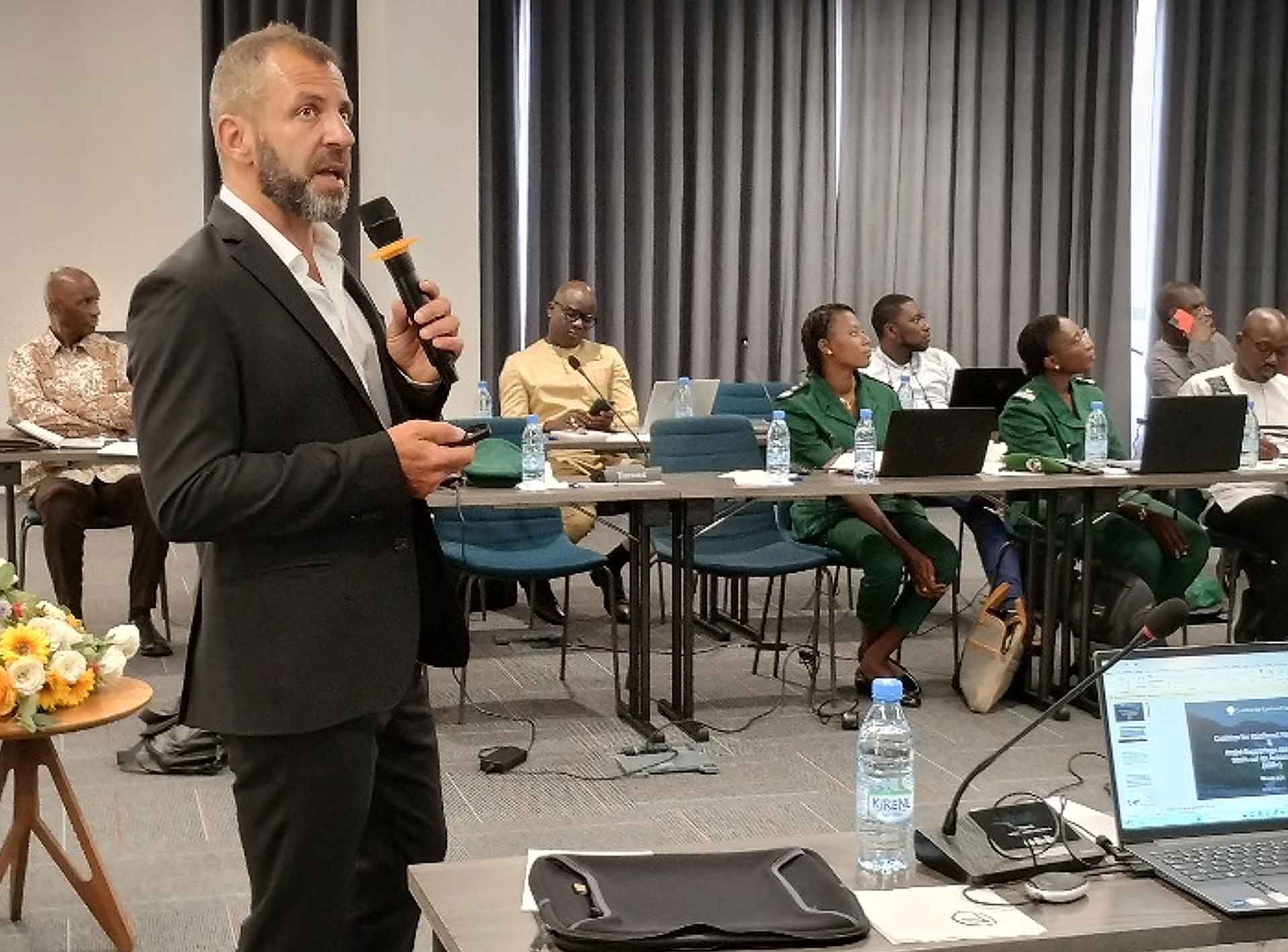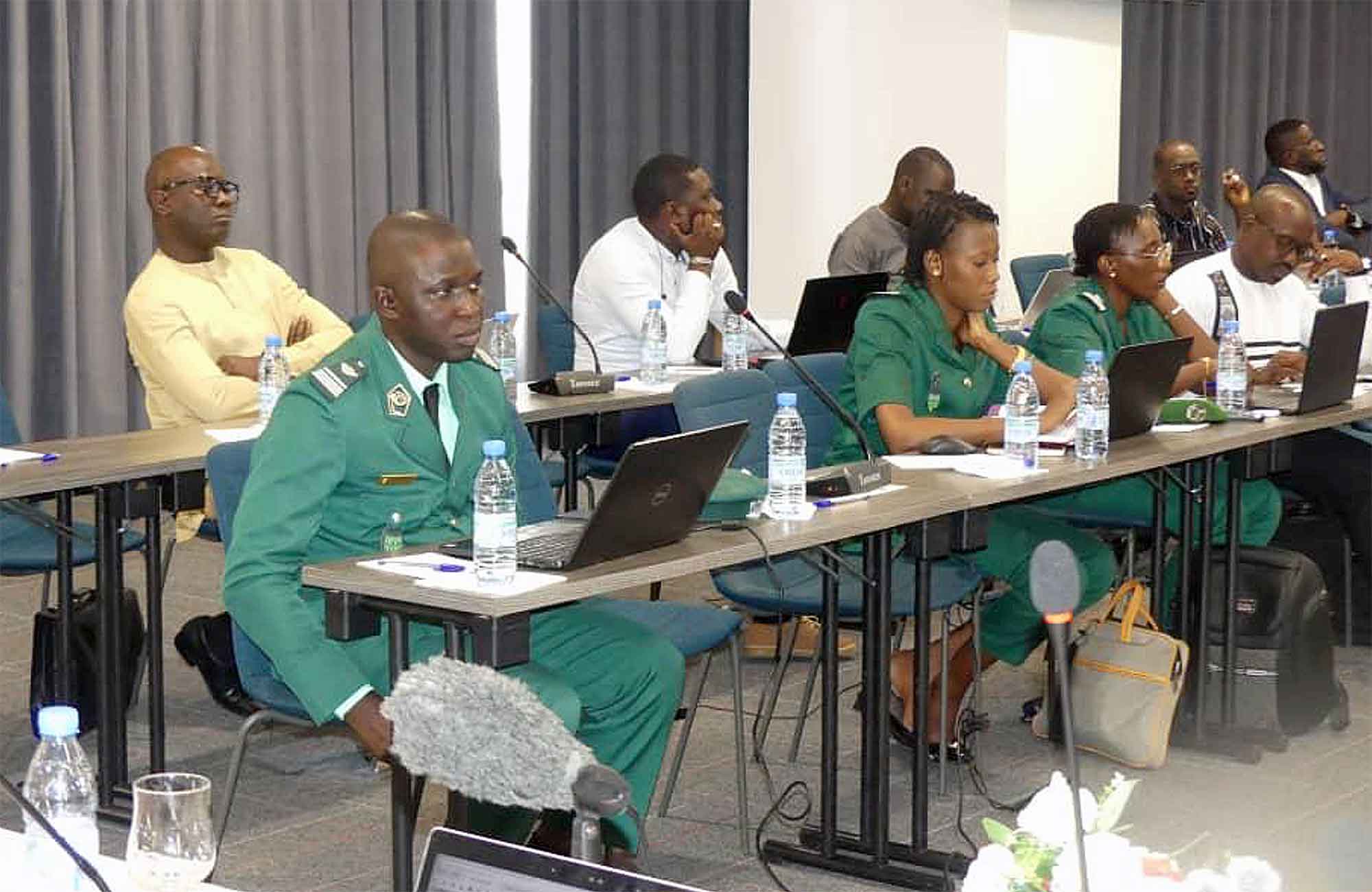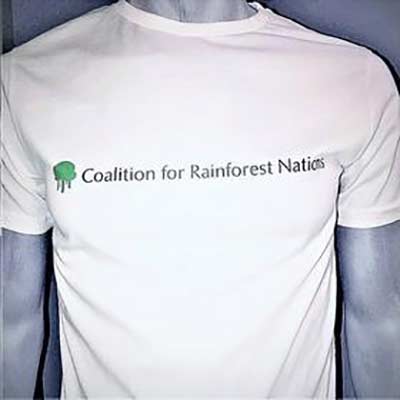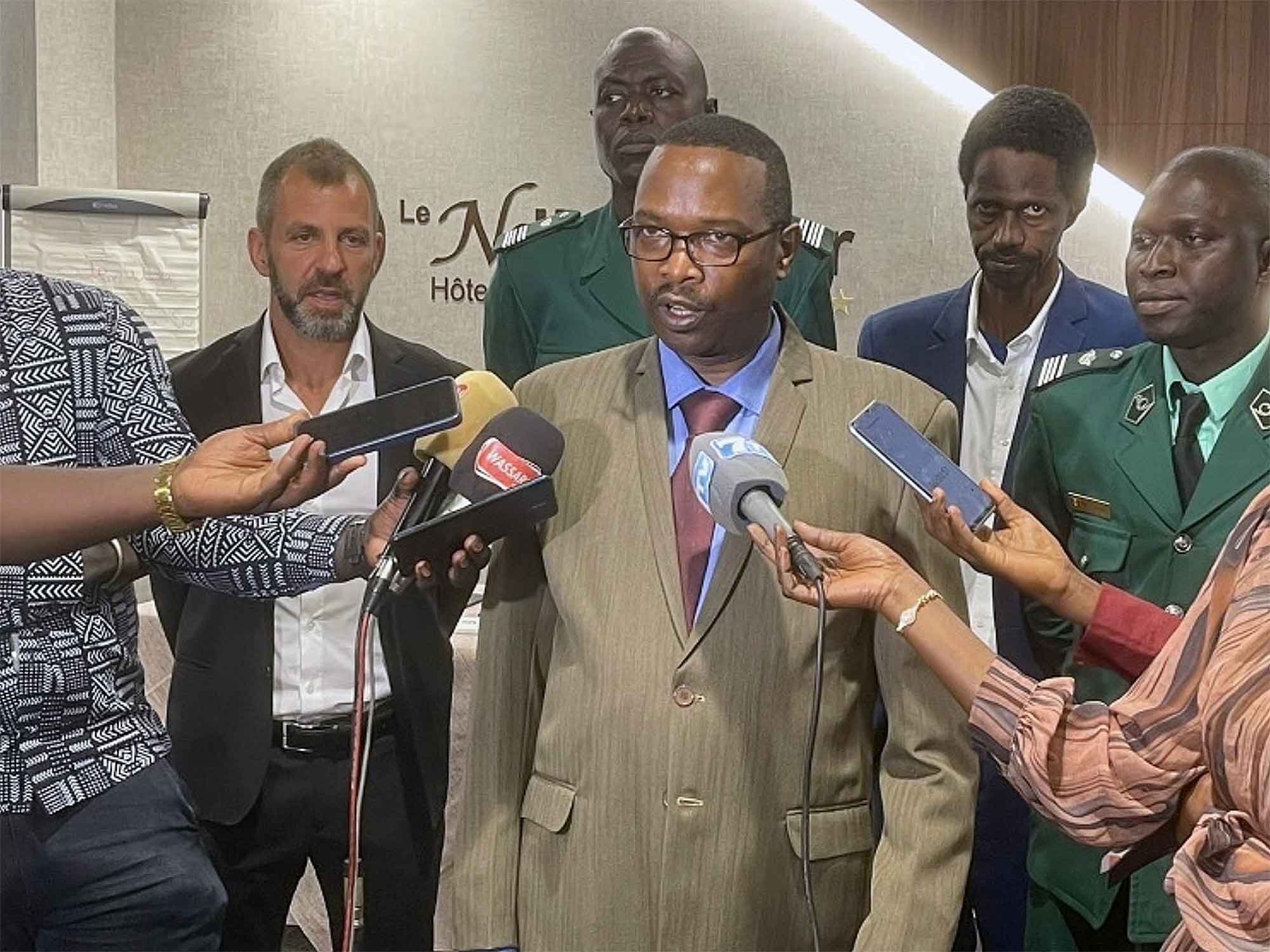
Senegal kicks off Country Readiness phase of the UNFCCC REDD+ framework
Last month, the Coalition for Rainforest Nations (CfRN) technical team went on mission to Senegal. CfRN and the government of Senegal through the Directorate of Water, Forestry, Hunting and Soil conservation agreed to partner on UNFCCC REDD+ framework, with CfRN providing technical assistance. In Dakar, they hosted a workshop on the launch of the country readiness phase of the UNFCCC REDD+ framework.
The workshop brought together over forty stakeholders in forest management from the government institutions, private sector, universities, and research centres. The purpose of the sessions were to establish an institutional framework for implementation of REDD+ under the Paris Agreement with the technical assistance provided by CfRN.
Senegal has a wide diversity of plants and animals. However, increases in human activities and changes in weather patterns which include increased deficits in rainfall, are impacting and degrading the natural habitats. This is particularly noticeable about forests, which in the five years to 2010, were being lost at the rate of 40,000 hectares (100,000 acres) per year. Many of the larger animals of Senegal have suffered from loss of habitat, persecution by farmers, and hunting for bushmeat, and are now largely restricted to the national park. The Guinea baboon is one of these, as are the Senegal hartebeest, the western hartebeest, the scimitar oryx, the roan antelope and several species of gazelle.
Habitat degradation has caused populations of western red colobus, elephants, lions, and many other species to decrease heavily. The western subspecies of the giant eland is critically endangered, the only remaining known population being in the Niokolo-Koba National Park; the rapid decline in numbers of this antelope has been attributed to poaching. Other mammals found in the country include the green monkey, the Guinean gerbil and the Senegal one-striped grass mouse. Some 674 species of bird were recorded in Senegal in April 2019
In 2016, Senegal passed a constitutional reform to place the issue of the sustainable management of natural resources at the heart of its government policy. Large-scale deforestation and forest degradation, and the adoption of unsustainable agricultural land management practices are the main sources of greenhouse gas emissions in Africa. Senegal is committed to the implementation of initiatives with considerable impact for the mitigation and adaptation to the climate emergency.
Under the Paris Climate Agreement, Senegal has already submitted three national communications to the Secretariat of the United Nations Framework Convention on Climate Change (UNFCCC), respectively in 1997, 2010 and 2015; as well as an ambitious climate pledge, called a Nationally Determined Contributions (NDC). The country has set the objective of reducing its greenhouse gas emissions by 7% by 2030.
